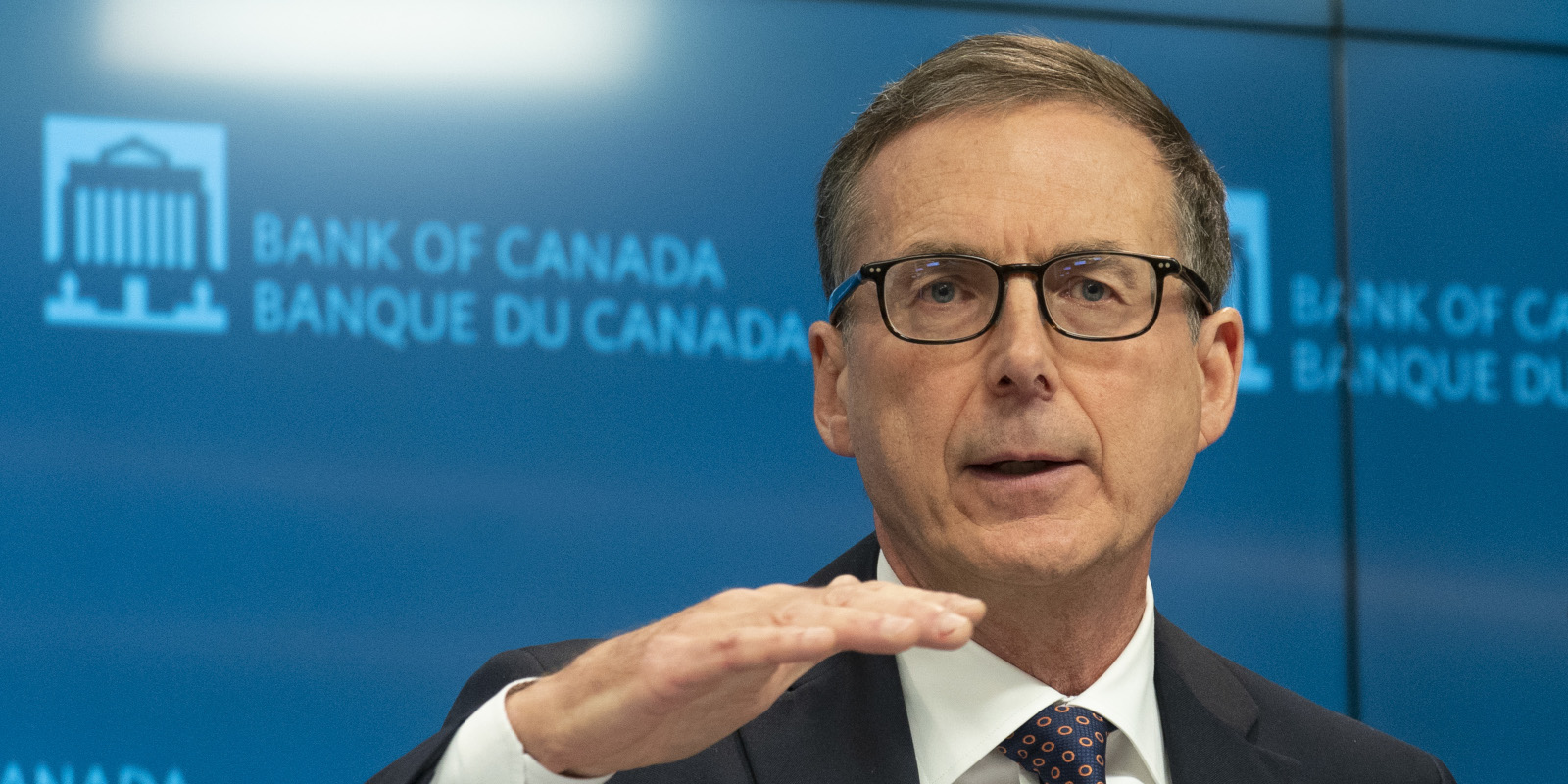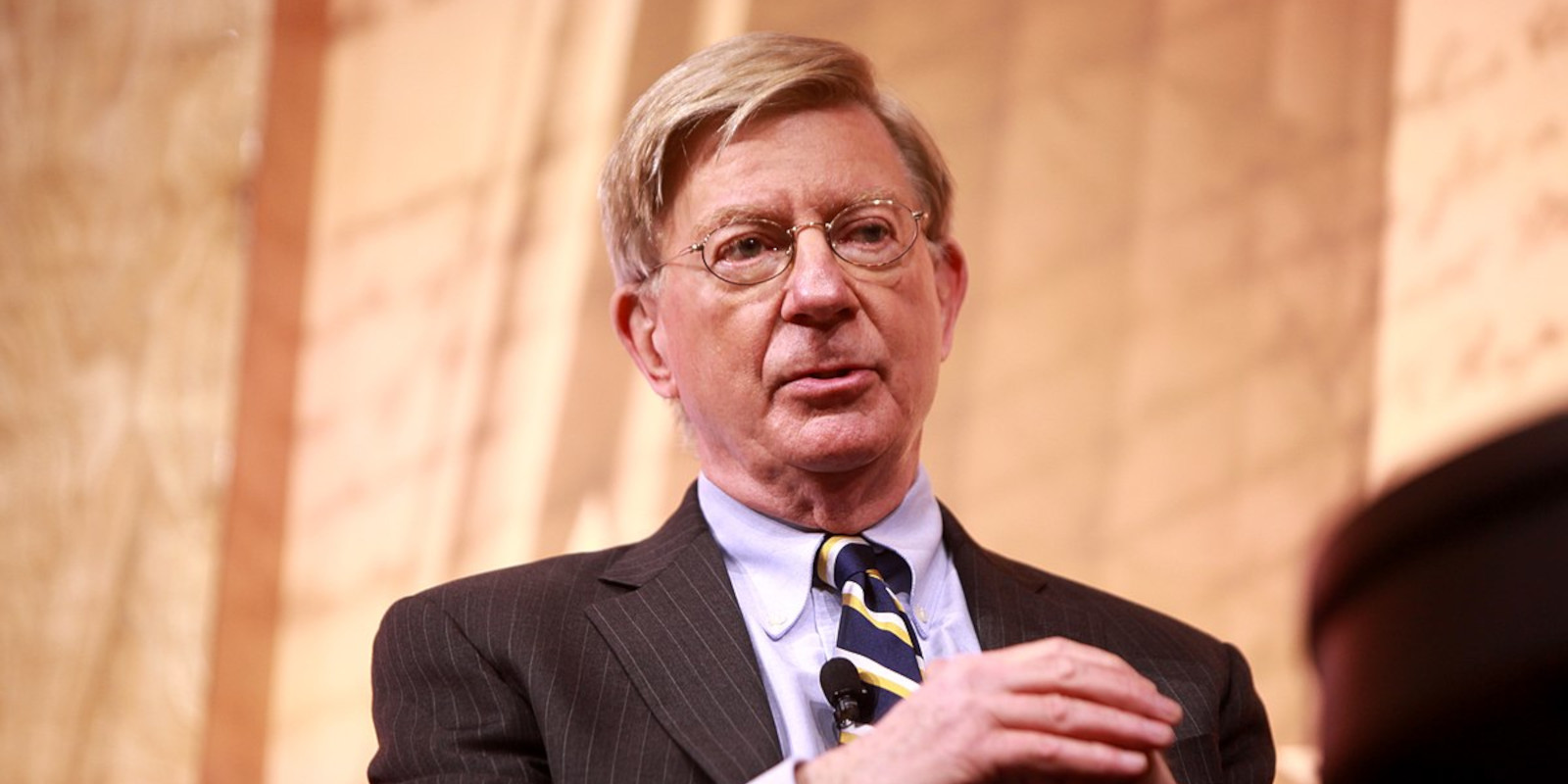It may not be making many headlines but the Bank of Canada will have a renewed mandate by the end of the year.
Since 1991, the government and the bank have issued a joint statement about the renewal of the bank’s mandate every five years, spelling out its targets until the next renewal. After wide-ranging consultations, it’s a chance for the government and bank officials to weigh up whether the bank’s mandate needs to be broadened, or if it needs more authority in tackling its existing goals around price stability, or if it should carry on with the status quo.
“Past debates about the bank’s mandate have been quiet affairs. Most discussions took place behind closed doors, either at the Bank of Canada or inside the federal Department of Finance,” wrote economists Stephen Gordon and Christopher Ragan, in the Globe and Mail. In a change from previous years, the bank has tried to stoke public interest in its mandate this time.
Canadians won’t know until the joint statement is released by the end of the year but in the meantime, with the bank hoping to encourage debate on the topic, some have argued that our monetary policy should help fight climate change, tackle income inequality, make housing more affordable, or aspire to full employment.
This would take the bank into new territory, beyond its singular focus on inflation and price stability in the Canadian economy, but it’s not completely unheard of. Nearly 50 years ago, the U.S. Federal Reserve was assigned the task of promoting full employment and in Europe, the central bank has promised to pitch in on the climate change fight.
Fighting climate change
Canadians are concerned about climate change and so there has been a recent push for the Bank of Canada to incorporate some kind of climate action into its mandate.
Some proposals are more extreme than others.
In Europe, the central bank recently pledged to incorporate climate change considerations into bond-buying decisions, which is a relatively low-key way to expand its mandate. More extreme proposals from environmentalists would limit quantitative easing bond-purchasing to green bonds or even deny credit to carbon-intensive industries.
John Murray, a former deputy governor of the Bank of Canada, argued at the C.D. Howe Institute that this is a matter for fiscal policy rather than monetary policy and that it’s “not obvious that there is any shortage of other, more effective, instruments with which to pursue green solutions.”
Murray notes that carbon pricing, regulation, and direct subsidies would be far more preferable and would be enacted by elected officials.
It’s clear from public statements, though, that the bank is broadly paying attention to the issue, especially its effect on prices.
The Bank of Canada announced last week during the United Nations climate summit in Glasgow that it will observe how severe weather events could impact prices and will soon release a “how-to guide” on reporting climate risk.
Speaking at the summit in Glasgow, Bank of Canada Deputy Governor Toni Gravelle said he expects to see economic growth slow down due to policies designed to fight climate change, as asset prices in carbon-intensive industries fall.
The labour market
The labour market may represent the most interesting possibility for change because it is already in the scope of the bank’s American counterparts at the Federal Reserve and it seems to have piqued interest in Canada.
It’s also notable because, generally, price stability and full employment are often consistent with each other.
Murray warns, though, that the relationship isn’t perfect and full employment can be tough to track.
“Full employment is not a condition that can actually be observed in real time,” Murray writes. “You can only be sure you have achieved it once you have gone beyond it.”
If policymakers overshoot, then inflation will rise, creating a need for drastic tightening “with unfortunate consequences for the real economy.” In other words, Murray worries that officials could create the very problem they were trying to avoid.
Beata Caranci, chief economist at Toronto-Dominion Bank, told Bloomberg in the summer that she had noticed Bank of Canada officials were much more likely to talk about the labour market than in the past. It could be a sign that a change is in the works, or it could be a sign that bank officials, like most Canadians, are preoccupied with the labour market in the wake of the COVID-19 pandemic.
The bank could also employ a number of subtle ways to put the focus on the labour market, including publishing labour market forecasts, said Caranci.
Income inequality
Income inequality is on the minds of Canadians, with few having much faith in government to tackle the issue and some arguing that central banks should take some of the responsibility for it.
Could that lead to a defensive action by central banks to fix the problem?
Although the idea has been floated, even those who blame central banks for rising income inequality think this is a problem better handled by politicians than bankers.
It’s true that the actions of a central bank in response to a downturn can hit people on the lower end of the income scale because they are most sensitive to rising prices and don’t benefit as much from asset-price appreciation. The nature of monetary policy, though, means that in the reverse scenario when the economy is running hot, people on the lower end tend to benefit and the effects roughly average out.
Murray once again argues that targeted fiscal policy measures would be far more effective for fighting income inequality than tweaking monetary policy on the fly.
Instead, the Bank of Canada should take its independence seriously and focus on fine-tuning its approach to the existing mandate, argues Murray. There are a number of ways to do that, but they won’t make any splashy headlines.
“The bar for any change is exceptionally high,” writes Murray.
Recommended for You

Ginny Roth: J.D. Vance, Pierre Poilievre, and how they slice their economic pie

David Polansky: As President Biden leaves the race, will the Democratic Party hodgepodge hold?

Trevor Tombe: Canadians are paying billions in hidden taxes on new homes

Stephen Staley: Widespread deregulation is Canada’s golden ticket for economic growth








